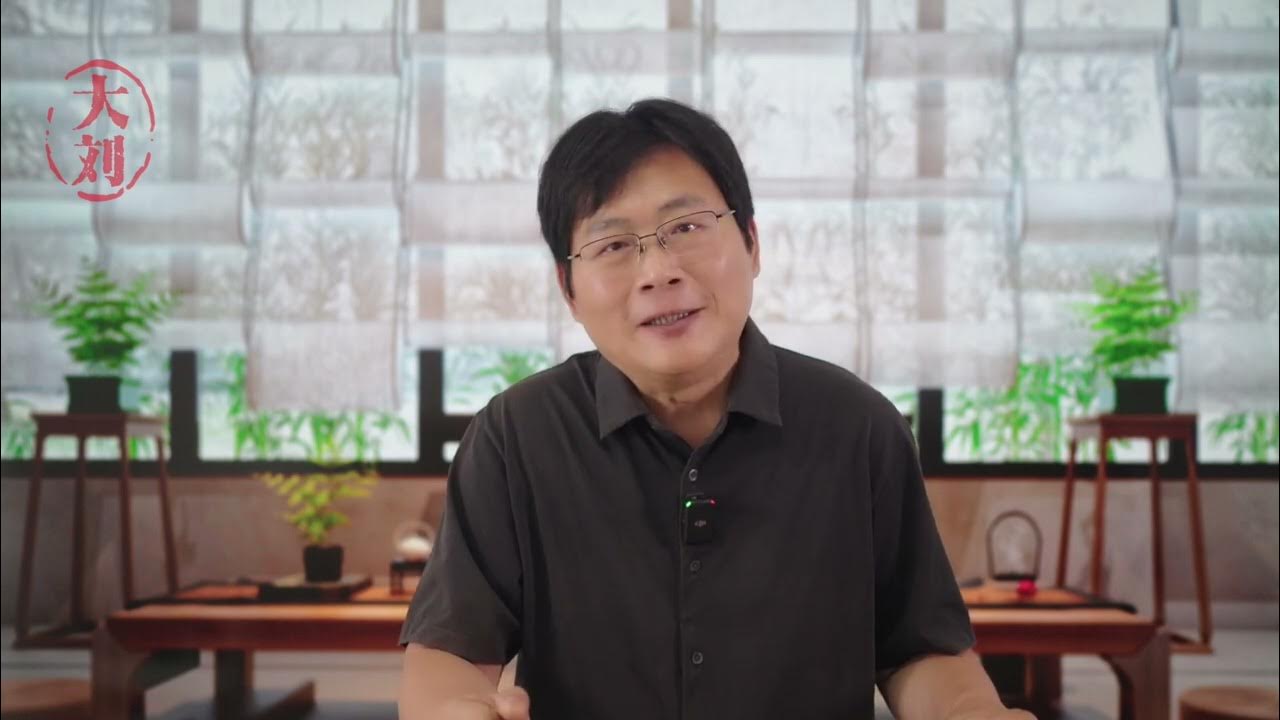为什么中国人普遍歧视河南人?|河南人|歧视|地域黑|偷井盖儿|骗子|刻板印象|王局拍案20231012
Summary
TLDR视频中,演讲者回应了观众对他代表河南人发声的质疑,并解释了自己并非真正的河南人。接着,他探讨了中国人对河南人的普遍歧视现象,并分析了可能的原因,包括河南人的方言给人的土气印象、河南地区曾经存在的诈骗和假冒伪劣问题,以及经济落后和人口流动带来的负面社会认知。演讲者还讨论了地理歧视的普遍性和其对河南人形象的影响,并呼吁人们不要简单地用刻板印象来分析社会问题,应更加理性地看待这一现象。
Takeaways
- 🗣️ 视频中提到,尽管户口在河南,但因为个人经历和生活背景,作者并不认为自己是河南人。
- 🎭 有人批评作者在节目中为河南人辩护,认为这与作者的河南身份有关,但作者澄清这并非原因。
- 👴 社会上存在对河南人的歧视现象,这种歧视不仅在普通人中存在,在知识分子中也有体现。
- 🏙️ 河南人普遍被认为有外地口音,这种口音被认为是土气的,导致河南人被贴上了“外地人”的标签。
- 💸 河南部分地区确实存在较多骗子,这种现象与地域性有关,但并不意味着所有河南人都是骗子。
- 📈 经济因素是导致对河南人歧视的一个重要原因,经济发展水平往往与地域歧视现象有关联。
- 👨👩👧👦 河南人口众多,历史上曾有大量因饥荒而逃荒的河南人,这种逃荒文化影响了河南人的社会形象。
- 🚫 河南人在外地从事低层次工作,如收废品等,这些行为容易形成负面的社会印象。
- 🤝 尽管存在对河南人的负面印象,但作者认为地域歧视和成见是普遍存在的社会现象,需要理性看待。
- 🌐 作者强调,不应将成见作为分析社会问题的手段,这可能导致错误的结论和加剧社区间的对立。
- 📚 作者提倡在面对社会问题时,应具体问题具体分析,避免简单地使用成见进行归因。
Q & A
为什么有人认为王先生代表河南人说话?
-有人认为王先生代表河南人说话是因为他们认为他是河南人,因为他的户口在河南洛阳。但王先生解释说,他实际上在吉林出生,三个月大时随家人搬到了陕西,大部分时间在秦岭脚下长大,只在河南生活了两年,因此他很难被认为是河南人。
王先生提到了'差序格局',这是什么意思?
-“差序格局”是费孝通先生提出的概念,指的是社会中人们根据不同的社会地位和角色来分配资源和权力的一种社会结构。在这段文字中,王先生用它来解释河南人被歧视的现象,认为这种现象过于绝对和片面。
为什么河南人在中国人中的名声不佳?
-河南人在中国人中的名声不佳有几个原因:一是河南人的口音被认为是“土气”的;二是河南确实存在一些骗子,这与地域有关;三是河南历史上曾经发生过一些造假和盗窃事件,这些事件影响了河南人的形象。
为什么河南人的口音会给人留下“土气”的印象?
-河南人的口音被认为是“土气”的,可能是因为他们的言谈举止比较朴实,以及他们的方言听起来比较乡土,这使得他们在外地人眼中显得不够时尚或现代。
河南人为什么会被认为有更多的骗子?
-河南被认为有更多的骗子可能是因为历史上的一些特定事件,如在1980年代和1990年代,河南确实发生了一些造假和欺诈行为,这些行为在社会上留下了深刻的印象,形成了对河南人的负面刻板印象。
为什么河南人偷井盖的行为会引起社会的广泛关注?
-河南人偷井盖的行为会引起社会广泛关注,因为这种行为不仅违法,而且对公共安全构成威胁,导致人们受伤。这种行为被媒体广泛报道,加深了人们对河南人的负面印象。
为什么经济因素是导致河南人被歧视的一个重要原因?
-经济因素是导致河南人被歧视的一个重要原因,因为经济落后往往会导致人们对某个地区的人产生负面看法。河南虽然GDP总量不低,但由于人口众多,人均水平并不高,这使得河南人在经济上处于不利地位,容易成为歧视的对象。
为什么历史上的黄泛区对河南人的形象有影响?
-历史上的黄泛区是指1938年国民党政府为了阻止日军进攻而人为决堤,导致黄河泛滥的区域。这个区域包括了河南、安徽北部和苏北等地,造成了大量人口流离失所,生活困苦,不得不逃荒要饭,这种逃荒文化影响了河南人的形象,使得他们在外地人眼中缺乏尊严。
为什么说地域歧视是一个普遍现象?
-地域歧视是一个普遍现象,因为每个地方的人都会根据自己的经验和观察形成对其他地方的刻板印象。这些刻板印象可能是基于经济、文化、历史等多种因素,它们帮助人们简化对复杂社会现象的理解,但也容易导致误解和歧视。
王先生如何看待地域歧视和刻板印象?
-王先生认为地域歧视和刻板印象是难以克服的,因为它们是基于经验的概括。但他强调,不应该将刻板印象作为分析社会问题的手段,因为这会导致错误的结论,不利于理性沟通,也可能加剧社区之间的对立。
王先生提到的'Foxconn工业链'是什么意思?
-'Foxconn工业链'在这里是指河南在经济发展中所处的位置。Foxconn是一家著名的电子产品制造商,通常处于产业链的低端,主要从事劳动密集型的工作。王先生用这个比喻来形容河南在经济发展中仍然处于较低的位置,赚取的是辛苦钱。
Outlines

This section is available to paid users only. Please upgrade to access this part.
Upgrade NowMindmap

This section is available to paid users only. Please upgrade to access this part.
Upgrade NowKeywords

This section is available to paid users only. Please upgrade to access this part.
Upgrade NowHighlights

This section is available to paid users only. Please upgrade to access this part.
Upgrade NowTranscripts

This section is available to paid users only. Please upgrade to access this part.
Upgrade Now5.0 / 5 (0 votes)






